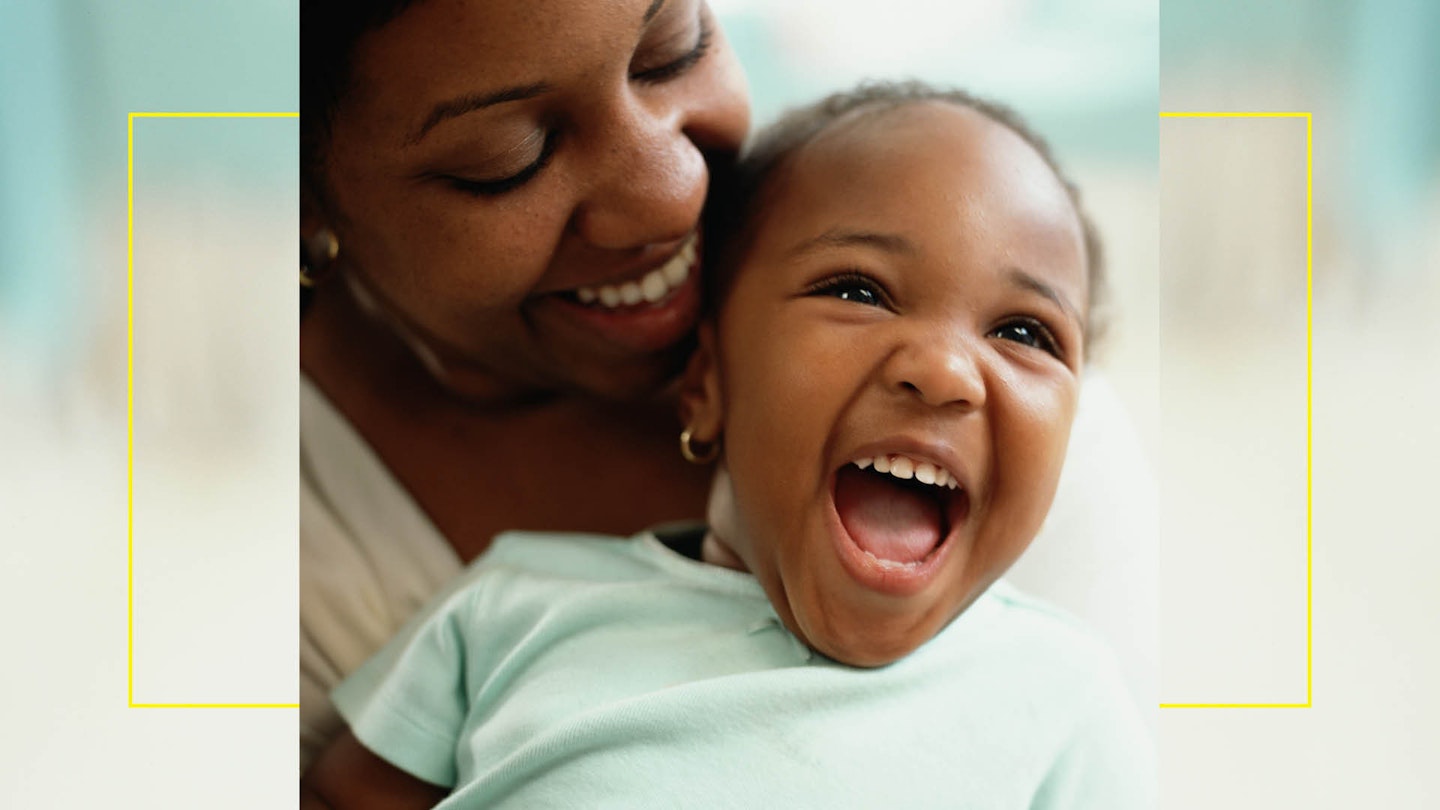It’s a rite of passage many women know all too well. After you’ve graduated from the boyfriend to the marriage questions at family parties, swapped the ‘When will you have kids?’ queries for bouncing said progeny on your knee, you think you might get some peace. Then, someone sidles up asking when you’re going to have your second.
But new figures show that increasing numbers of families are making the conscious decision to stop at one child. In January, Office for National Statistics data showed that while two-child families remain the norm, the days of ‘2.4 kids’ are long gone. In fact, for women who turned 45 last year, the figure is on average 1.92 – with the proportion of that age group having one child rising to 17%, compared with 13% in their mothers’ generation.
It’s easy to jump to simple conclusions about why that may be, but the women we spoke to had a myriad of reasons why they’d come to their decision – and many claimed they felt judged, to the extent they opted to remain anonymous when speaking to us.
One often-cited reason is that women (and men too) are starting families later – the thought process being the later you start a family, for fertility or lifestyle reasons, the less likely you may be to have more than one child. The same study found a record number of women in England and Wales (50.1%) were reaching 30 child-free, while other stats show the average age of mothers in England and Wales reached a record high of 30.7 years in 2019. But starting a family later is not necessarily the same decision as stopping after one child.
For most of the women Grazia spoke to, finances were inescapable. Jennifer Giles, 30, a health promotion specialist from Northamptonshire, said her partner has two children from a previous relationship and so they were already struggling financially since the birth of their own baby. ‘There’s just no way we could afford another child without winning the lottery,’ she said. ‘It’s sad that we can’t make that decision based on what is best for our family.’ And with the UK in the grip of a cost-of-living crisis, many more will feel the same.
Grazia’s Childcare Change Now campaign with Pregnant Then Screwed (PTS) asked the Government to launch an independent review into the staggering costs of childcare (this week - on International Women's Day - the government rejected this request) . Sending two children to nursery can cost upwards of £2,000 per month – and PTS founder and CEO Joeli Brearley says it’s not just nursery bills. ‘Many new mums need flexible working to be able to manage, often resulting in a pay cut as they move from full-time to part-time work. Maternity pay is just £151 a week – well below the national living wage. It’s no wonder families don’t want to subject themselves to this more than once.’
There’s concern about the environmental impact of having children as well. Sarah*, 33, a stay-at-home mum from Lincolnshire, has one child and says any more would be ‘a major concern. Aside from the discomforts of warming weather and sea level rises, the knock-on effects of food scarcity and collapse of larger systems, rampant disease and ageing populations… it all feels very bleak.’ A poll in The Lancet of 10,000 16- to 25-year-olds found 39% are ‘hesitant to have children’ because of the climate crisis.
A widely quoted 2017 study co-written by Professor Kimberly Nicholas, author of Under The Sky We Make, found people could significantly reduce their greenhouse gas emissions in four ways: ditching cars, flights and meat – and choosing not to have an additional child. ‘Creating more people creates more emissions and more pollution of all kinds, as well as consumption,’ says Prof Nicholas, noting that as well as adding another person to the world, parents found that things like eating meat, using plastic and their number of car journeys rose on having children. But, she says, it’s important to note those emissions created by having a child include emissions from future generations over hundreds of years – and people really need to cut current emissions (the flying, meat-eating and driving) now.
It’s not a one-factor decision, however. Sarah also cited her difficult pregnancy, birth and post-partum experiences as a reason for not wanting to have another child – something Henrietta*, 37, an accountant from Yorkshire, understands. ‘I’m just at my limit energy-wise and the thought of doing it all again is too much. Financial factors do come into it, but it’s my own mental health that’s the main reason. We have a life that feels complete, it would be nice to just enjoy that.’ Still, she adds,
‘I think a lot of mums would judge me. There’s a stigma around only children, and sometimes I feel I’ve let my son down. But having another child isn’t right for us.’
It’s worth noting that much of the lingering stigma around ‘only-child traits’ comes from a series of Victorian studies – since then researchers have found the reality simply doesn’t match the stereotype.
Still, like Henrietta, Marjha Golding-Evans, 36, a Chepstow-based partner in a law firm, has been proactive in how she talks about her family’s choices – she believes it’s important to say ‘single’ child, instead of ‘only’. ‘We adore our happy unit of three,’ she says. For her family, Marjha also says multiple factors came into play – from her and her partner wanting to keep time for their marriage, to juggling busy careers. Despite her rationale, she often feels she has to justify her decision. ‘People should try to judge a little less and accept a little more,’ says Marjha. ‘Our choices are personal and we put a lot of time into reaching those decisions, for each of us.’
